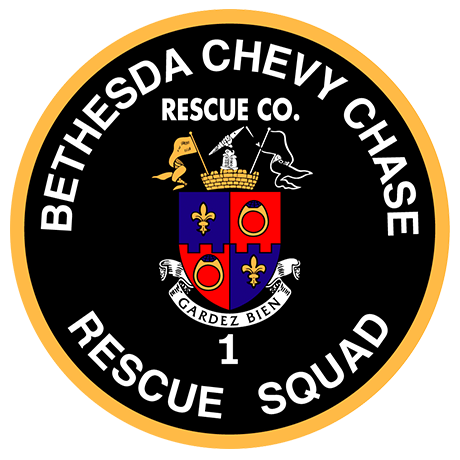What is Charitable Planned Giving?
Charitable planned giving refers to the process of making a charitable gift of estate assets to one or more nonprofit organizations, a gift that requires consideration and planning in light of the donor’s overall estate plan. The most effective way of making a charitable gift is to plan the gift so that it achieves as many personal objectives as possible.
Benefits to the Donor:
- Make possible a more significant gift than would otherwise be possible.
- Provide free estate planning information of a general nature.
- Shelter current income through substantial tax deductions.
- Opportunity to establish a living memorial for yourself or someone special to you.
- May provide retirement income.
- Reduce federal estate taxes and probate expenses.
- The satisfaction of leaving a legacy of saving lives.
Benefits to the BCCRS:
- Result in larger gifts to support our vision and mission.
- Help in planning realistically for the future.
- Build endowment to fund growth and expansion.
- Secure operation by stabilizing future budgets during lean years.
Benefits to the community:
- Ensuring BCCRS can respond to EMS, fire and rescue emergencies for decades to come.
- Support a community-based resource that is unique in its volunteer oversight and mission.
- Provide opportunities for individuals to serve their community by volunteering to respond when people are most in need.
Types of Charitable Planned Gifts
Bequest
A person could include a provision in his or her will or living trust to make a bequest to a charitable organization. That arrangement would be a “planned” gift. A gift in a will, will codicil or trust could be in the form of cash, securities, real estate or personal property, or as a percentage of the estate. If you currently have a will, you can make arrangement to add a gift through a will codicil.
Sample text for a basic bequest could be as simple as the following (Always consult with an attorney or financial planner when making such arrangements).
“I hereby give, devise, and bequest to the Bethesda-Chevy Chase Rescue Squad, Inc., a nonprofit organization now, or formerly, located at 5020 Battery Lane, Bethesda, Maryland, 20814, the sum of $ _____*_______ to be used for its general purpose.” (*Can be a monetary figure or a percentage of the estate)
Gift Annuity
One deferred gift instrument is the charitable gift annuity. This is popular with many donors because it represents a lifetime contract between the donor and a charity, and because it is relatively simple to understand and establish. Simply, it’s an irrevocable transfer of cash or appreciated property to BCCRS and in return the donor receives a guaranteed lifetime annuity of a fixed amount each year.
Charitable Trusts
A person might establish a charitable trust that could provide income to the donor (or someone else) for a period of time (often for life). After this gift-deferral period, the trust would mature and the remaining assets would go to one or more charitable beneficiaries.
Appreciated Property
This is a gift of securities, real or personal property, held long-term which has increased in value since date of acquisition, given outright to BCCRS or as the funding asset for a lifetime income plan.
Life Insurance
A person may wish to name BCCRS as the beneficiary of an existing policy which is no longer needed for the donor’s original purpose, or to purchase a new policy making BCCRS the owner or beneficiary.
Did You Know…
- that bequests can take many forms? One may bequeath a specific amount of money or property; a specified percentage of the estate; or all or part of the residue of the estate – the assets remaining after debts and specific bequests have been satisfied.
- that donors receive a lifetime of income from both gift annuities and charitable trusts? Both provide income to the donor for his or her lifetime, then the remaining amount in the fund is transferred to BCCRS.
- that our nation’s tax laws offer special incentives for gifts of non-cash property, such as securities or property? This is especially true if the property has increased in value since acquisition.
- that you pay no capital gains tax on the appreciation of securities that are donated to BCCRS? You also receive an income tax deduction for the full market value of the gift.
- that you can give property outright or retain rights to ownership for a set period? This may be attractive to a donor considering leaving property to BCCRS through a will, but would like to transfer the gift now to receive the income tax advantages and increase cash flow.
- that there are two ways to donate life insurance? The first one is to make BCCRS the owner of the policy. This allows you an immediate charitable tax deduction. The second option is making BCCRS the beneficiary of the policy. When you name BCCRS as the beneficiary of your policy, it does not entitle you to any immediate tax savings, but you will qualify later for an estate tax charitable deduction.
If you would like information sent to you by mail, or wish to speak to us about your will, please contact our Development Team at (301) 656-5423 ext. 218 or development@bccrs.org.
